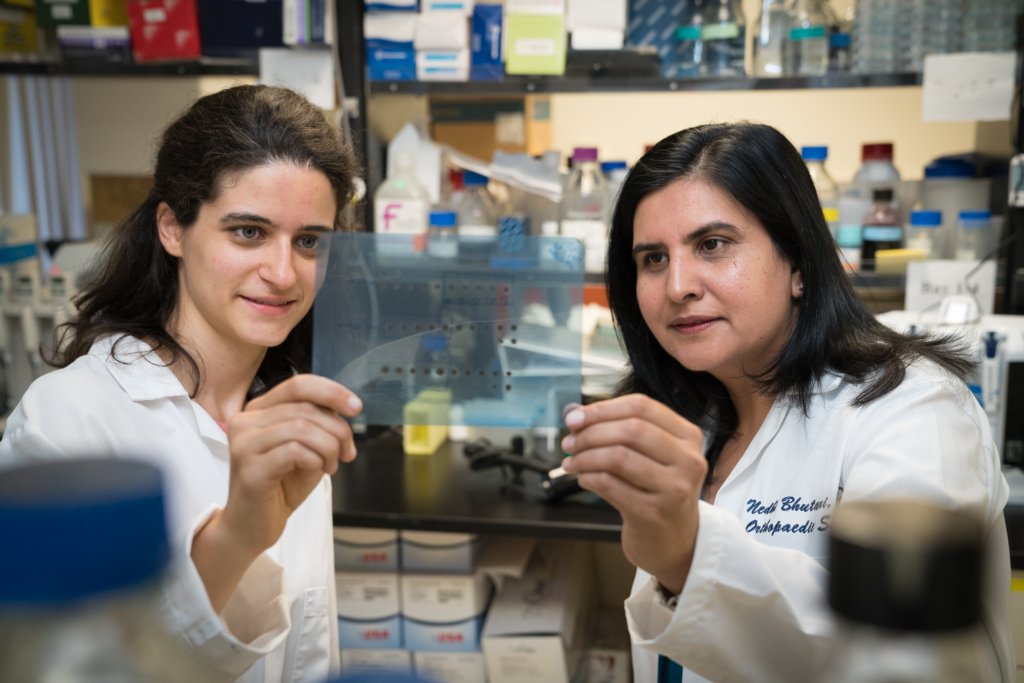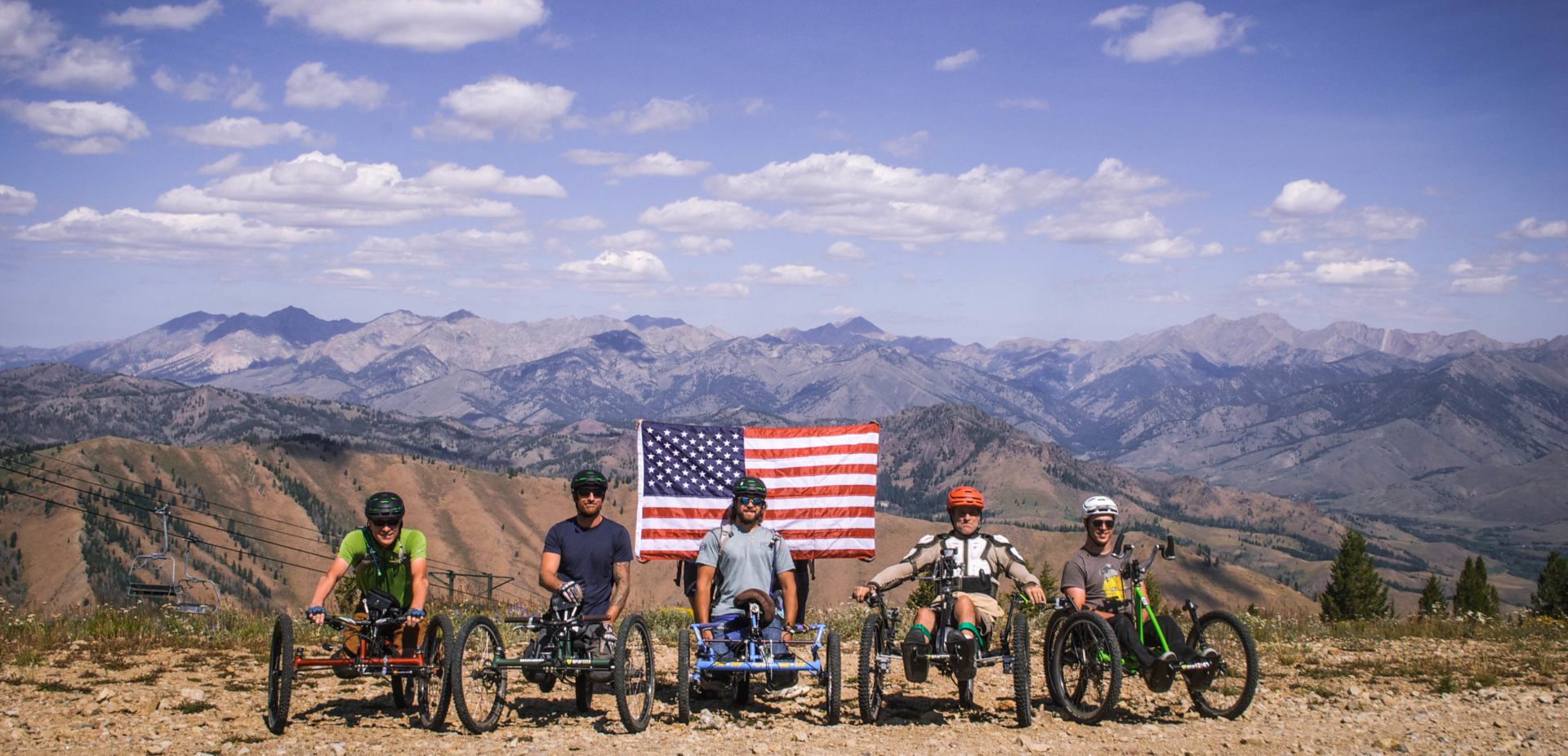The Koret Foundation is committed to supporting a strong US-Israel relationship, and one way we do this is by funding research collaborations between top Israeli and US academic institutions. These partnerships also dovetail with Koret’s Higher Education Initiative. Scholarly exchanges, in-person symposia, and research grants serve to deepen individual and institutional ties in pursuit of societal benefits. Such projects lay the groundwork for collegial and academic-entrepreneurial relationships that will flourish beyond the terms of the grants themselves.
The two grantee stories below highlight the range of academic collaborations we support. The first story involves exploring ideas that will advance personalized medicine, promote integrative healthcare, and encourage innovative drug development for diseases that have yet to see medical breakthroughs. The second story focuses on several pressing public health issues of our day, from rising sea levels to using cellphones as remote health sensors, to analyzing vast volumes of anonymized personal health data to improve health care systems.
Though the pandemic made in-person exchanges impossible, it also provoked real-time technological innovation. As both Israel and the US resume in-person activities, we are excited to see further progress on these critical projects.
Grantee Spotlight: US-Israel Bridge Building
Accelerating Medical Innovation

Read about four partnerships: (1) the Rambam Healthcare Campus in Haifa and Stanford University’s School of Medicine developing disaster preparedness networks, leveraging expertise from both campuses; (2) Tel Aviv University (TAU) and Stanford University conducting a new research approach into some of the most devastating neurodegenerative diseases; (3) TAU and UC Berkeley harnessing bioinformatics to analyze large volumes of health data; and, (4) the Weizmann Institute of Science in Israel and the Lucile Packard Children’s Hospital at Stanford University researching ways to improve outcomes for children with leukemia.
Predicting and Preparing for the Next Crisis

Read about a trio of partnerships: UC San Diego’s Scripps Center for Oceanography and the University of Haifa researching early human societies in coastal areas and applying findings to manage through climate changes; (2) TAU and Stanford studying ways to create smarter, more livable cities that will be more resilient and adaptable in the face of future crises; and, (3) the Clalit Research Institute in Israel and the Stanford Center for Population Health Sciences analyzing big data agglomerations on population-level health trends and patient care solutions.
Thoughts & Opinions:
SF Chronicle op-ed: “Nonprofits have saved us. Now let’s save them.”
Koret’s director of programs, Danielle Foreman, authored this op-ed in the San Francisco Chronicle, showing how the Bay Area’s mosaic of nonprofit organizations has been essential to helping the community survive the pandemic. Now, as many of them look to recover and rebuild, ongoing support is critical.



